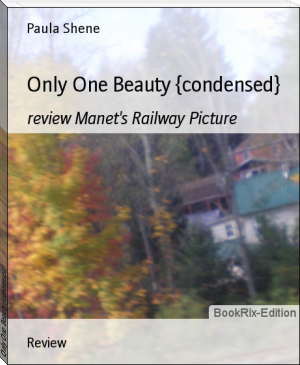Genre Literary Criticism. Page - 2

to laws of the faculty of desire. The faculty of DESIRE is the being's faculty of becoming by means of its ideas the cause of the actual existence of the objects of these ideas. PLEASURE is the idea of the agreement of the object, or the action with the subjective conditions of life, i.e., with the faculty of causality of an idea in respect of the actuality of its object (or with the determination of the forces of the subject to action which produces it). I have no further need for the purposes of this critique of notions borrowed from psychology; the critique itself supplies the rest. It is easily seen that the question whether the faculty of desire is always based on pleasure, or whether under certain conditions pleasure only follows the determination of desire, is by this definition left undecided, for it is composed only of terms belonging to the pure understanding, i.e., of categories which contain nothing empirical. Such precaution is very desirable in all philosophy and yet is often neglected; namely,

ome. We need to be happy in this wonderland without once being merely comfortable. It is THIS achievement of my creed that I shall chiefly pursue in these pages.
But I have a peculiar reason for mentioning the man in a yacht, who discovered England. For I am that man in a yacht. I discovered England. I do not see how this book can avoid being egotistical; and I do not quite see (to tell the truth) how it can avoid being dull. Dulness will, however, free me from the charge which I most lament; the charge of being flippant. Mere light sophistry is the thing that I happen to despise most of all things, and it is perhaps a wholesome fact that this is the thing of which I am generally accused. I know nothing so contemptible as a mere paradox; a mere ingenious defence of the indefensible. If it were true (as has been said) that Mr. Bernard Shaw lived upon paradox, then he ought to be a mere common millionaire; for a man of his mental activity could invent a sophistry every six minutes. It is as easy as lying

fully exhausted in the Critique, it is necessary that, in the proposed work, the same should be the case with their analysis. But this will be rather an amusement than a labour.
[*Footnote: In contradistinction to the Metaphysic of Ethics. This work was never published.]
PREFACE TO THE SECOND EDITION, 1787
Whether the treatment of that portion of our knowledge which lies within the province of pure reason advances with that undeviating certainty which characterizes the progress of science, we shall be at no loss to determine. If we find those who are engaged in metaphysical pursuits, unable to come to an understanding as to the method which they ought to follow; if we find them, after the most elaborate preparations, invariably brought to a stand before the goal is reached, and compelled to retrace their steps and strike into fresh paths, we may then feel quite sure that they are far from having attained to the certainty of scientific progress and may rather be said to be merely gro






